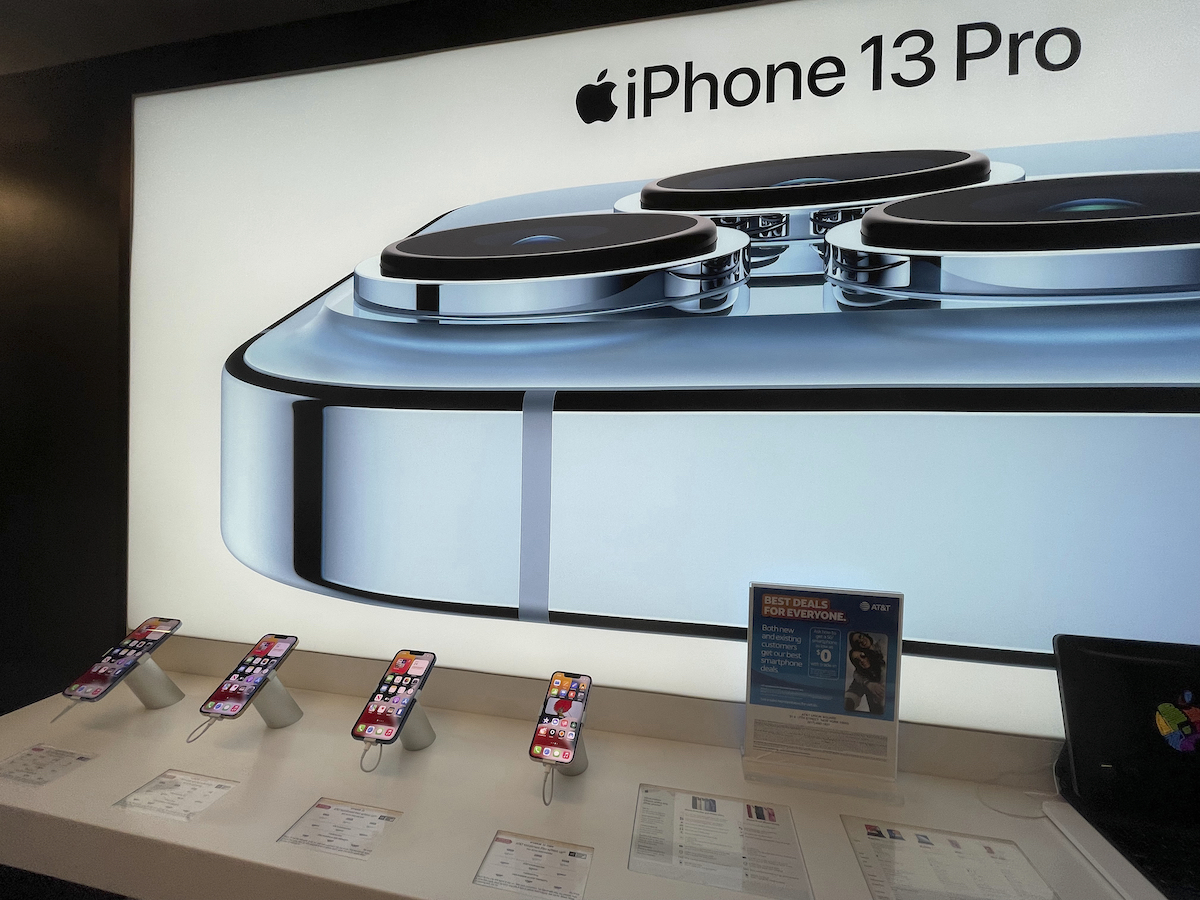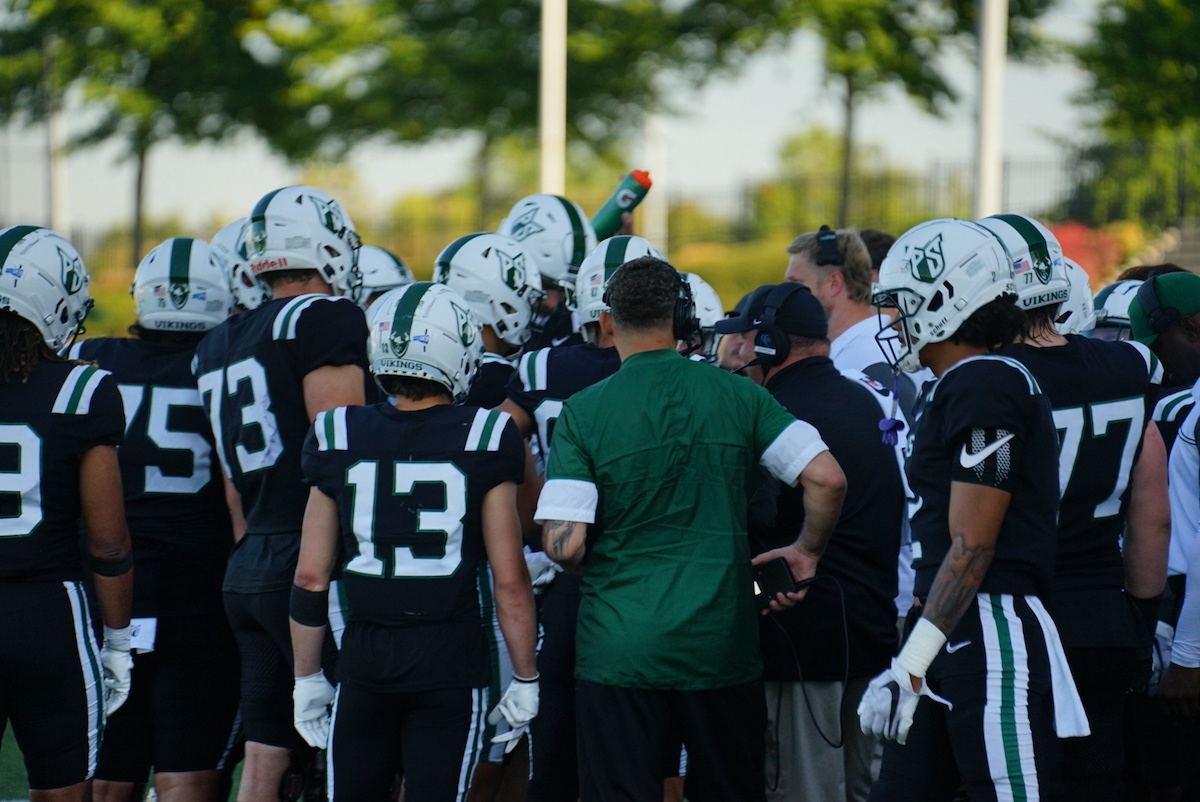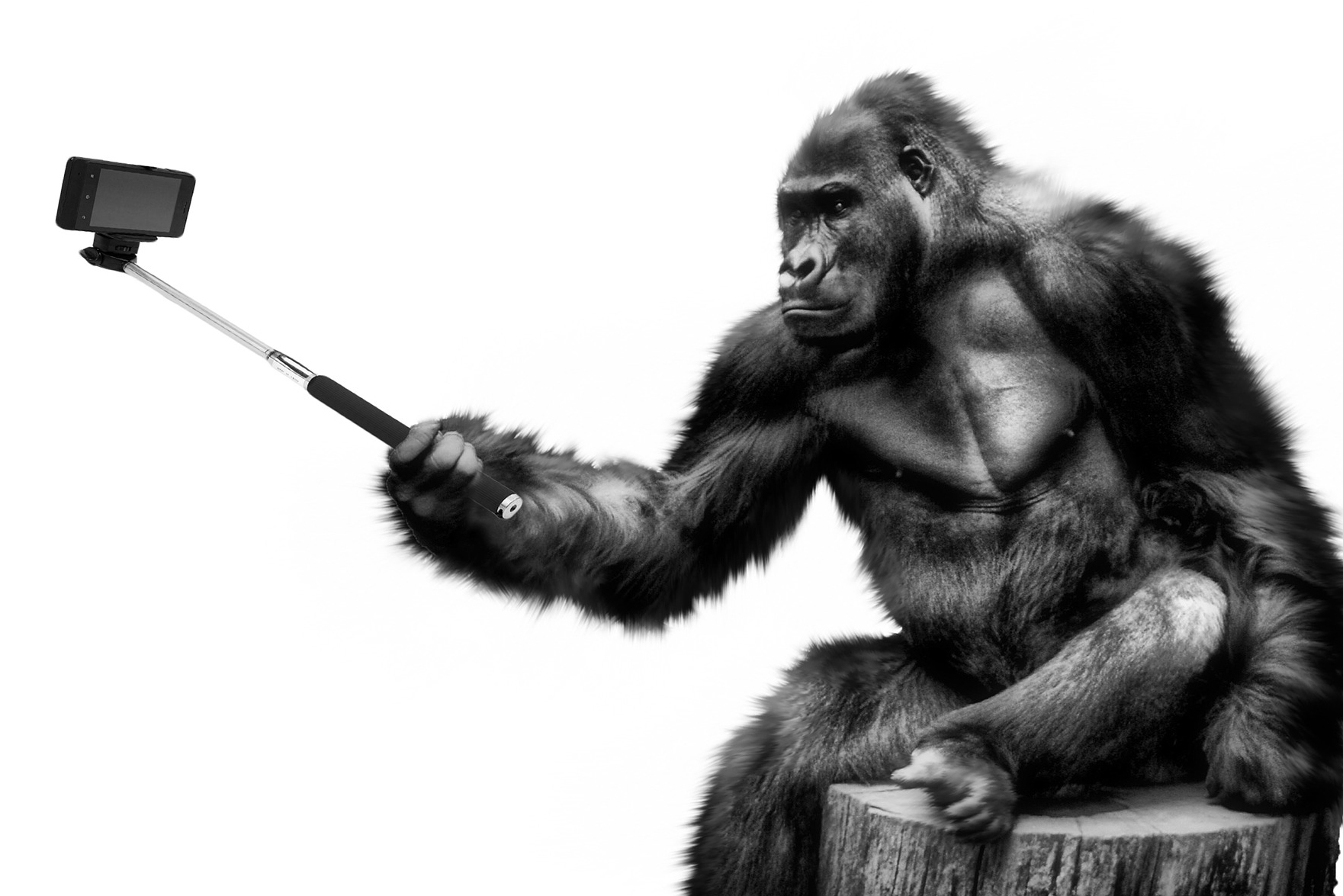On Sept. 10, United States Federal Judge Yvonne Gonzalez announced the long-awaited ruling on the Epic Games v. Apple case.
The Court ruled that Apple violated California’s Unfair Competition Law, and moved to require the Apple App Store to allow apps to redirect users to third-party payment services. The Court also ruled that Epic Games must pay $3 million to Apple for breaching its contract with the tech giant.
Apple is known for its tight regulation on any intellectual property or products they produce. Unlike Android OS, which allows multiple companies and marketplaces to exist on top of the platform, Apple’s iOS only allows apps to be retrieved from its App Store, and only allows payment processing through the company’s own payment processing platform. Apple keeps 30% of the sales made from both types.
What caused Epic to bring Apple to court was the fact that iOS is but one of two major mobile operating systems, making iOS an unavoidable platform when developing a mobile game. Epic believed the App Store should be an option, not a requirement, when downloading products or purchasing in-app services.
Specifically, Epic sued Apple for anticompetitive and illegal practices for forcing developers and consumers to go through the Apple App Store and their payment processing platform.
Much of Apple’s defense explained how it is not monopolistic, rather competitive when running against other markets such as Sony’s Playstation and Microsoft’s Store on Xbox.
The company also made statements suggesting that its closed services provide security features that protect consumers and developers. In fact, this was the defense against including any third-party apps on iOS at all, back when the iPhone first launched.
In the Court’s ruling, it found “that Apple enjoys considerable market share of over 55% and extraordinarily high profit margins [but] these factors alone do not show antitrust conduct.”
Though the Court did not find that Apple is a monopoly, the ruling did find “anticompetitive” conduct on the company’s part.
“Apple’s anti-steering provisions hide critical information from consumers and illegally stifle consumer choice,” reads the ruling. “When coupled with Apple’s incipient antitrust violations these anti-steering provisions are anticompetitive and a nationwide remedy to eliminate those provisions is warranted.”
Despite the serious undertones of the trial, there have been several humorous highlights as well.
One particular debate of the trial included whether or not “naked Peely” was appropriate to show in Federal Courts, and whether or not Fortnite is meant for kids. Peely is a Banana mascot for Fortnite and Epic Games.
Another interesting debate from the trial was what, exactly, defines a video game? Epic initially claimed that Fortnite was not a video game, but rather a “metaverse,” causing the debate over what specifically defines a video game to ensue.
Ultimately, the Court decided to withhold from clearly defining a video game.
“Unfortunately, no one agrees and neither side introduced evidence of any commonly accepted industry definition,” ruled the Court. “At a bare minimum, video games appear to require some level of interactivity or involvement between the player and the medium. In other words, a game requires that the player be able to input some level of a command or choice which is then reflected in the game itself…Beyond this medium, the gaming market appears highly eclectic and diverse.”
It’s unclear whether there is a clear “winner” in this case, with some saying the decision works in Apple’s favor and others claiming it favors Epic. Ultimately, this decision means that developers have more options and flexibility when charging consumers for in-app purchases directly through apps, and not the strict Apple App Store.
It is also unclear whether the decision will significantly hurt Apple’s profits, considering their size and the success of other products (such as Apple TV), and whether or not many of the gacha games—named after toy vending machines and utilizing a similar system to in-game-currency “loot boxes”—available on the market will use this new ruling. At the end of the day, consumers will likely continue to pay the same rates for in-app purchases; the only difference is who gets the money.






